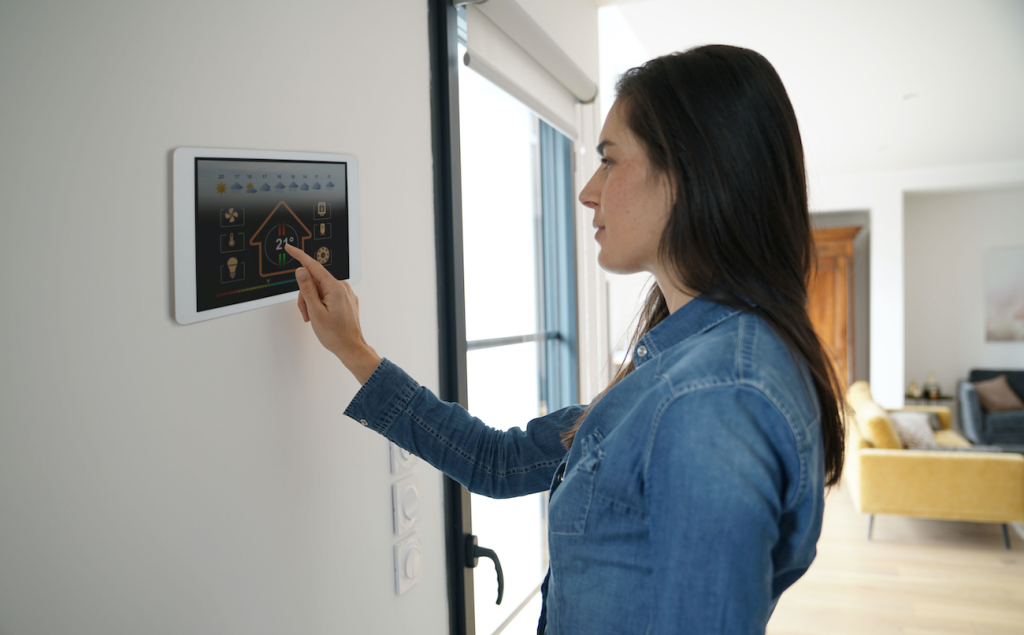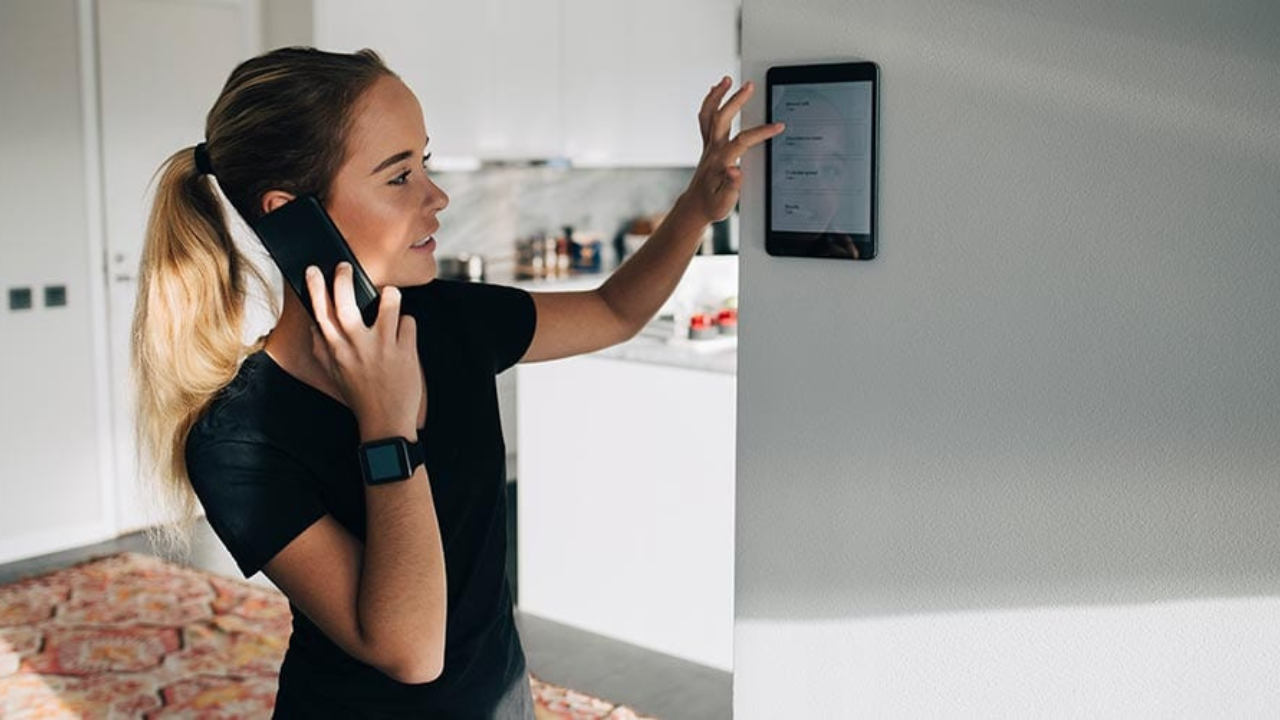Are you considering moving into a smart home? Discover the top reasons why transitioning to a smart home is a smart choice. Read on to learn more about the advantages, convenience, and enhanced lifestyle that smart homes bring.
Introduction
Living in the digital age has transformed the way we interact with our surroundings. Technology has evolved at an astonishing pace, providing us with smarter solutions for various aspects of our lives. One such innovation is the concept of a smart home, where automation and connectivity seamlessly merge to create a more efficient and convenient living environment. In this article, we will explore the numerous benefits of moving into a smart home and why it’s an enticing choice for homeowners.
Numerous benefits of moving into a smart home

1. Enhanced Convenience and Efficiency
In a smart home, mundane tasks are automated, saving you valuable time and effort. From controlling lights and thermostats to managing security systems and appliances, everything can be easily accessed and controlled through a central hub or mobile application. Imagine arriving home to a well-lit and perfectly climate-controlled space, with your favorite music playing in the background—all effortlessly achieved with a simple voice command or tap on your smartphone.
2. Increased Energy Efficiency and Cost Savings
Smart homes are designed to optimize energy consumption, leading to reduced utility bills and a more environmentally friendly lifestyle. Through advanced sensors and automation, energy usage can be optimized based on occupancy and preference. Smart thermostats intelligently adjust temperature settings, and smart lighting systems automatically turn off when rooms are unoccupied, resulting in significant energy savings over time.
3. Heightened Security and Peace of Mind
One of the most compelling reasons to move into a smart home is the enhanced security features it offers. Smart home security systems integrate surveillance cameras, motion sensors, and smart locks, providing real-time monitoring and remote access. You can keep an eye on your property, receive instant alerts on your smartphone, and even remotely grant access to guests or service providers. This comprehensive security solution brings peace of mind, knowing that your home is protected even when you’re away.
4. Seamless Connectivity and Integration
In a smart home, various devices and systems work together harmoniously, offering a seamless and integrated experience. Smart hubs, such as Amazon Echo or Google Nest, act as the central control unit, allowing you to connect and control a wide range of smart devices throughout your home. From voice-activated assistants to smart appliances, entertainment systems, and even automated window blinds, the possibilities for integration are endless.
5. Personalized Home Automation
Smart homes empower you to personalize and customize your living space to suit your unique preferences and needs. Through customizable routines and schedules, you can automate specific actions to occur at predetermined times or in response to certain triggers. For example, you can set the lights to gradually brighten in the morning, have your coffee brewing as you wake up, and even water your plants automatically. The ability to tailor your home environment enhances comfort and simplifies daily routines.
6. Improved Accessibility and Aging in Place
Smart home technology has proven to be a game-changer for individuals with mobility issues or those who wish to age in place. With voice commands and accessible interfaces, smart homes enable individuals with disabilities to control their environment independently. From adjusting lighting and temperature to operating doors and appliances, smart home features enhance accessibility, providing a greater sense of autonomy and convenience.

FAQs
Q1: How much does it cost to convert an existing home into a smart home?
A1: The cost of converting an existing home into a smart home depends on various factors such as the size of the home, desired features, and the level of automation. It’s recommended to start with a few key smart devices and gradually expand your setup to fit your budget and needs.
Q2: Are smart homes secure from hacking and privacy breaches?
A2: Smart home technology is continuously evolving to address security concerns. By following best practices like using strong, unique passwords, keeping firmware up to date, and using secure Wi-Fi networks, the risk of hacking and privacy breaches can be minimized.
Q3: Can I control my smart home when I’m away from home?
A3: Yes, smart home systems allow you to remotely control and monitor your home through dedicated mobile applications. As long as you have an internet connection, you can access and manage your smart devices from anywhere in the world.
Q4: Will a smart home increase the resale value of my property?
A4: While it’s difficult to predict the exact impact on property value, having a smart home can make your property more appealing to potential buyers. The convenience, energy efficiency, and enhanced security offered by smart homes are attractive features that may positively influence the value of your home.
Q5: Do I need technical expertise to operate a smart home?
A5: Smart home systems are designed to be user-friendly and intuitive, requiring minimal technical knowledge. Most smart devices come with detailed instructions and user-friendly interfaces, making it easy for homeowners to set up and operate their smart home systems.
Q6: Can I integrate existing non-smart devices into a smart home setup?
A6: Yes, with the help of smart plugs, adapters, and hubs, you can integrate existing non-smart devices into your smart home ecosystem. This allows you to control and automate these devices using the same central hub or mobile application used for other smart devices.
Conclusion
Moving into a smart home brings an array of benefits that significantly enhance your lifestyle. The convenience, efficiency, security, and customization offered by smart home technology create a harmonious living environment that adapts to your needs. As technology continues to advance, the possibilities for smart homes are only expanding, making it an exciting and future-proof choice for homeowners.
So, if you’re ready to embrace the future of living, consider making the move into a smart home today. Experience the transformative power of automation, connectivity, and comfort, and unlock a world of possibilities at your fingertips.


Salam, qiymətinizi bilmək istədim.
qiymət nə haqqında?